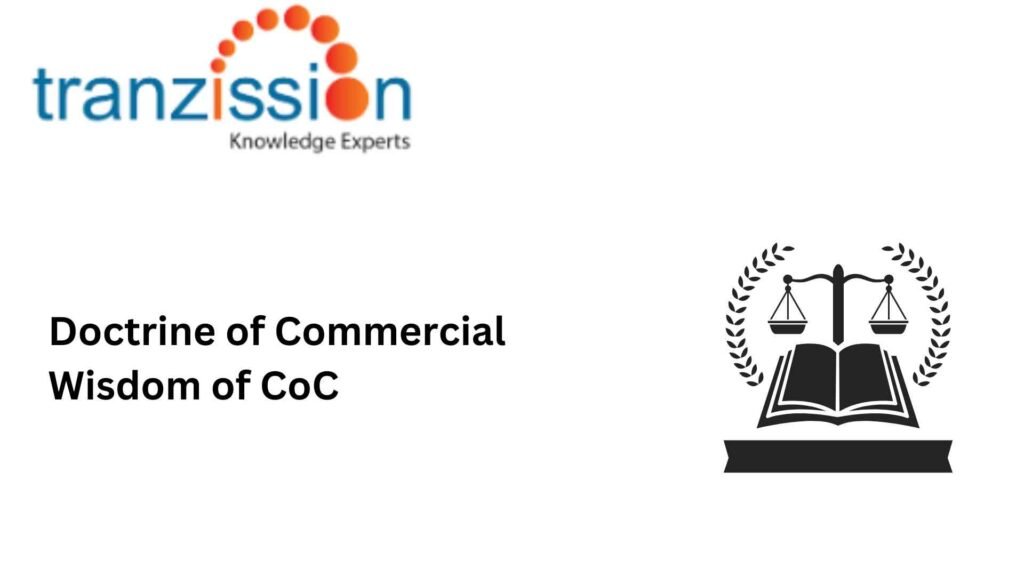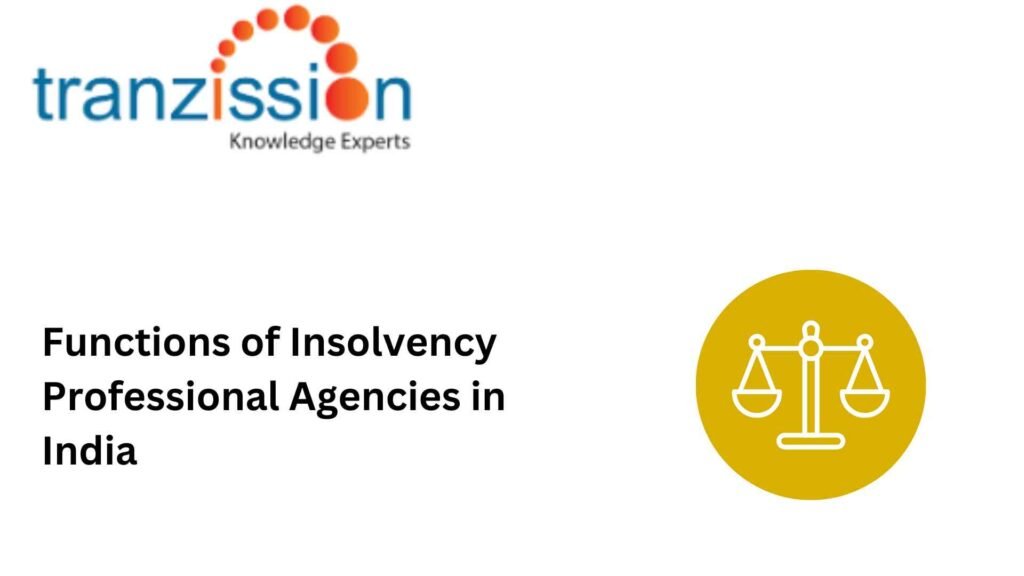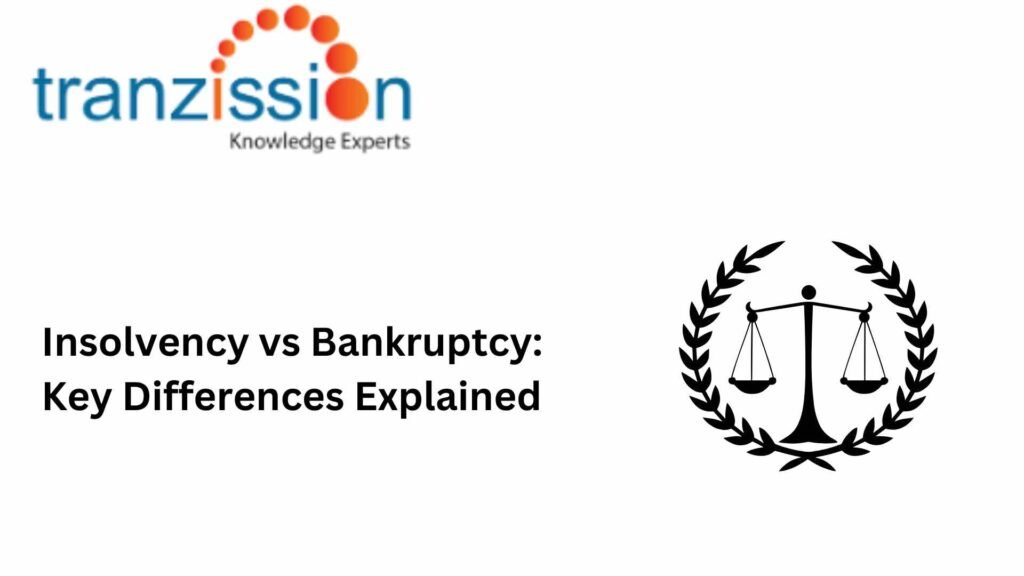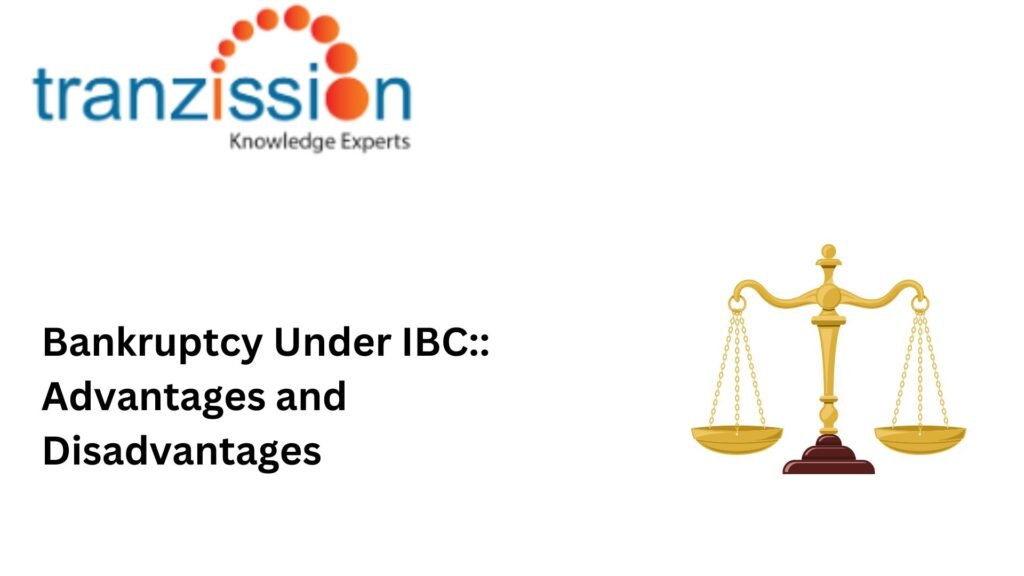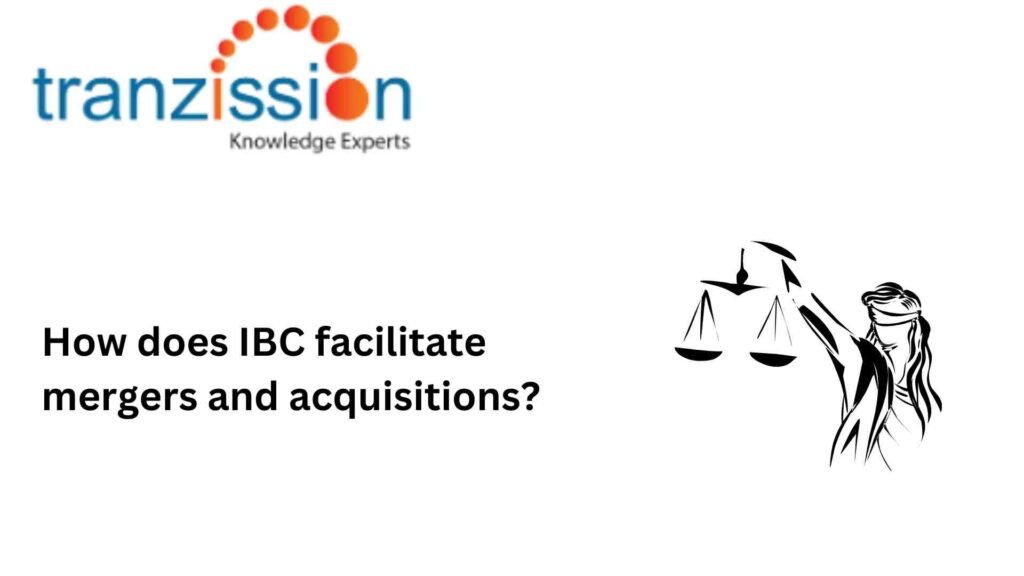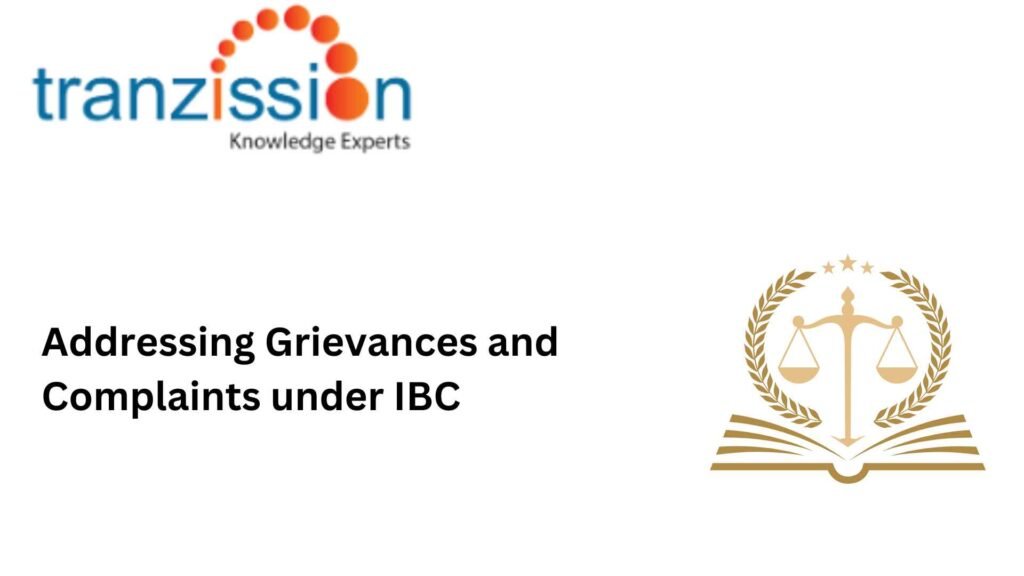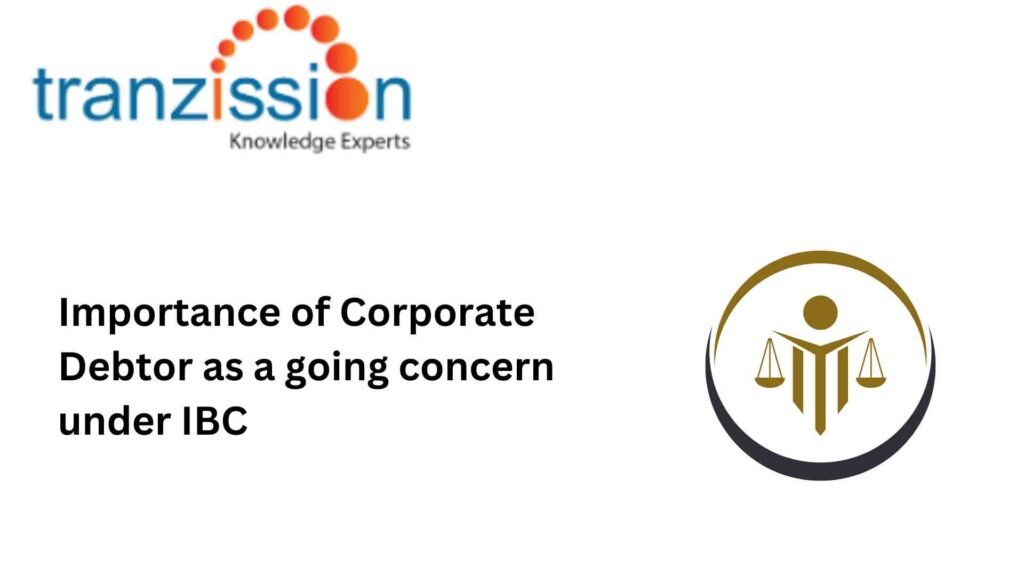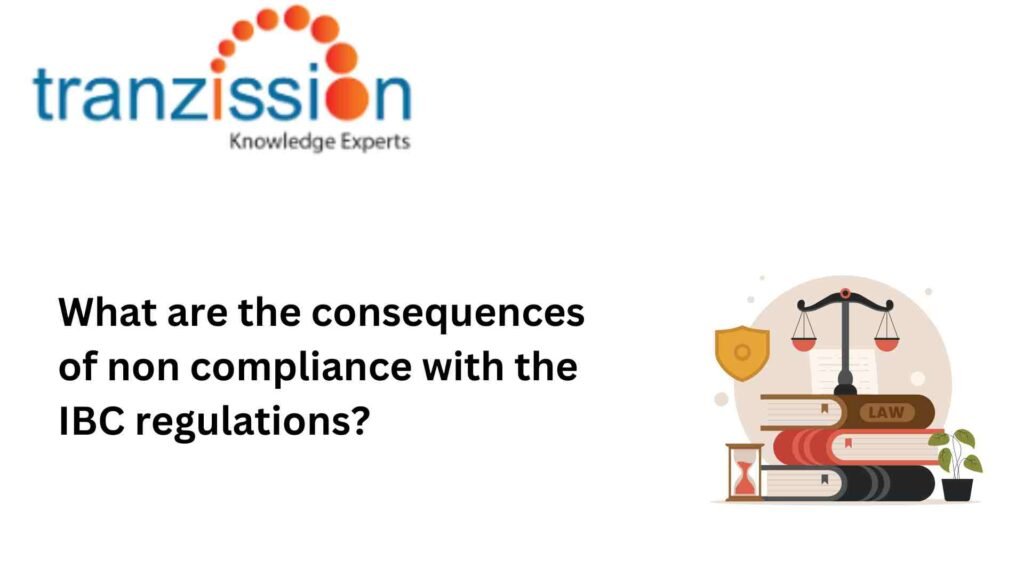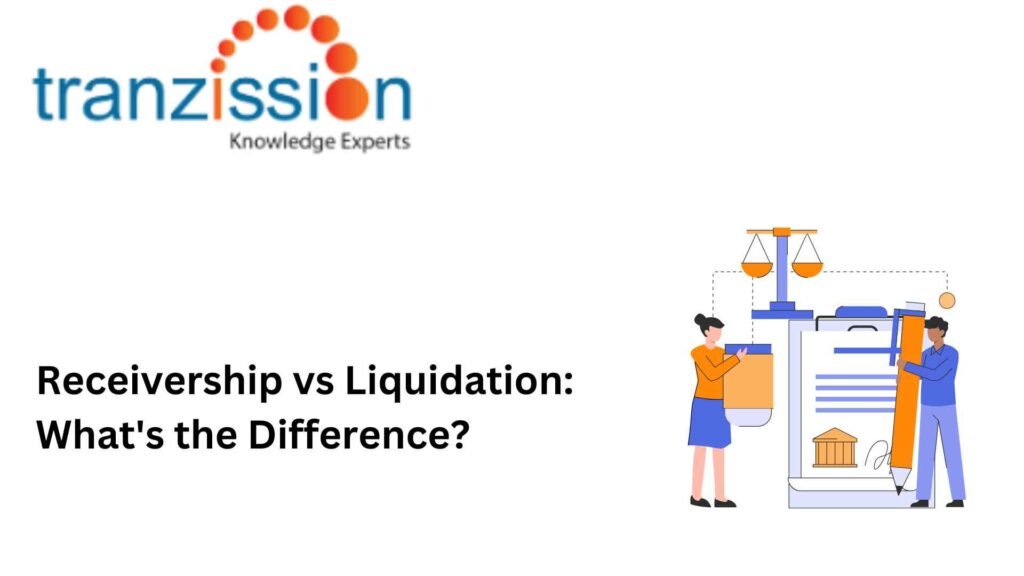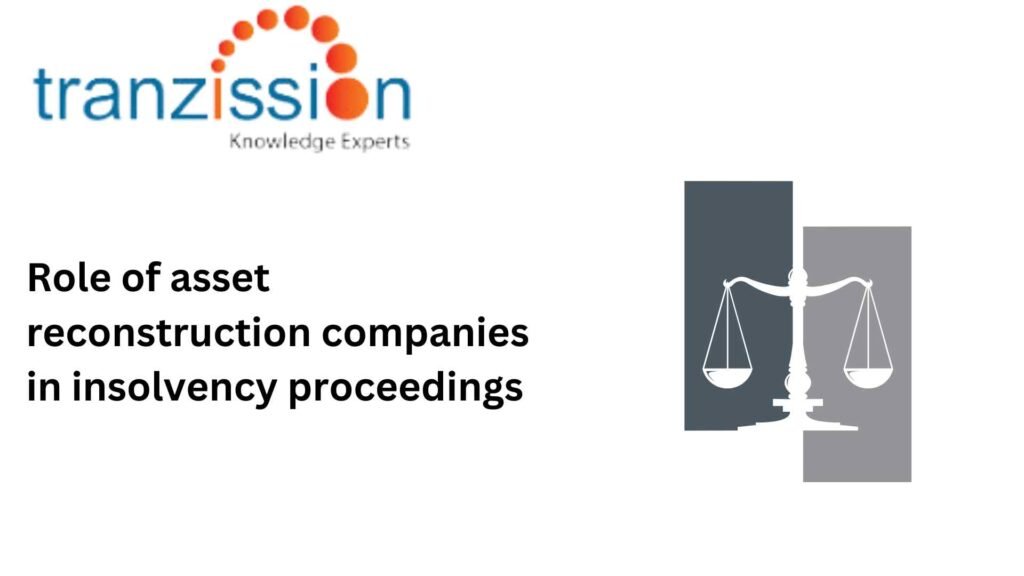The enactment of the Insolvency and Bankruptcy Code, 2016 (the IBC) is a revolutionary legislation in insolvency law. The role of the Committee of Creditors (CoC) is crucial in the resolution process as it decides the revival or liquidation of corporate debtors. The Doctrine of Commercial Wisdom of CoC importance is underscored through landmark judgments, […]
Category: Blog
Your blog category
Functions of Insolvency Professional Agencies in India
Insolvency and bankruptcy laws were consolidated in 2016 through the Insolvency and Bankruptcy Code, 2016. Insolvency Professional Agencies was established under this act and plays a crucial role in regulating and overseeing the conduct of insolvency professionals. This ensures that professionals handling financially distressed companies maintain high ethical standards, possess the necessary expertise, and act […]
Insolvency vs Bankruptcy: Key Differences Explained
When a company or individual cannot pay their debts, they may undergo proceedings under the Insolvency and Bankruptcy Code, 2016 (IBC). This Act is related to the reorganization and insolvency resolution of corporate persons, partnership firms, and individuals in a time-bound manner. The terms insolvency vs bankruptcy are often used interchangeably, but they are distinct […]
Bankruptcy Under IBC: Advantages and Disadvantages
Individuals and businesses facing financial distress need to make a well-informed decision of whether to undergo bankruptcy proceedings under the Insolvency and Bankruptcy Code, 2016 (hereon forward known as “the IBC”). Knowing the potential Bankruptcy Under IBC Advantages and Disadvantages is important to understand whether it is the right option for you. What Is Bankruptcy? […]
How does IBC facilitate mergers and acquisitions?
The enactment of the Insolvency and Bankruptcy Code (IBC) in 2016 has introduced significant reforms to the insolvency framework in India. It provides an efficient mechanism for resolving distressed assets and reviving financially distressed companies. The IBC has the potential to influence mergers and acquisitions (M&A) as an attempt to revive an insolvent company. Understanding […]
Addressing Grievances and Complaints under IBC
The Insolvency and Bankruptcy Code, 2016 (the IBC) and the Insolvency and Bankruptcy Board of India (Grievances and Complaints under IBC Handling Procedure) Regulations, 2017 (hereon forward known as “the IBBI Grievance and Complaint Handling Procedure Regulations, 2017”) provides for grievance redressal and enforcement framework for the service providers. Having a robust grievance redressal system […]
Importance of the Corporate Debtor as a going concern under IBC
The Insolvency and Bankruptcy Code, 2016 was established to resolve the financial issues of the corporate debtor as a going concern. It is crucial to treat the corporate debtor as a viable business that can continue operating and be sold as a whole unit. But what is the need for continuing an insolvent company that […]
What are the consequences of non compliance with the IBC regulations?
Insolvency laws in India have strict regulations regarding document submission, the responsibilities of insolvency professionals, actions of all stakeholders, legal requirements, and procedural necessities. Failing to non compliance with IBC regulations has several consequences, such as monetary penalties and possible imprisonment. Understanding Section 186 of the Companies Act Section 186 of the Companies Act, 2013 […]
Receivership vs Liquidation: What’s the Difference?
When the resolution process fails, the insolvency framework in India mandates that the company’s assets be liquidated. Receivership vs Liquidation are two processes for addressing financially distressed companies. This article delves into the distinctions between the Receivership vs Liquidation What Is Liquidation? The Insolvency and Bankruptcy Code, 2016 (IBC) does not define “liquidation”. According to […]
Role of asset reconstruction companies in insolvency proceedings
The Insolvency and Bankruptcy Code, 2016 (IBC) aims to revive, restructure, or rehabilitate insolvent companies. Insolvent companies face several legal and financial issues, which they overcome with the aid of other professionals and entities. Asset Reconstruction Companies (ARCs) are one of the many options available to them. What Are Asset Reconstruction Companies (ARCs)? Asset Reconstruction […]
